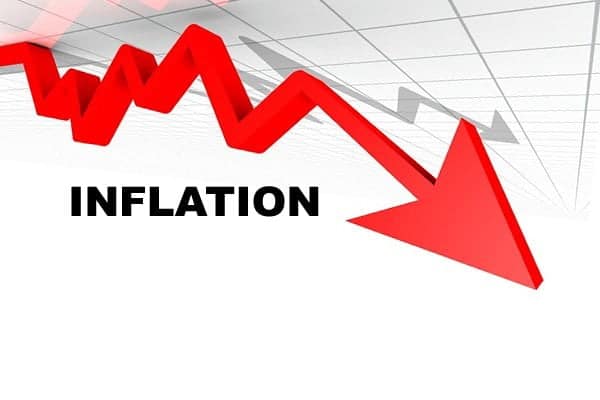Business
Lagos, Bayelsa, Ondo, States With Highest Inflation – NBS

Reports have indicated that Ondo, Bayelsa and Lagos states recorded the highest rate of inflation in March 2023.
This was contained in the latest National Bureau of Statistics (NBS) data on inflation across the country, which was released on Saturday.
According to NBS, Nigeria’s headline inflation rate for March 2023 rose to 22.04 per cent compared to February 2023 headline inflation rate which was 21.91 per cent. This showed an increase of 0.13 per cent points when compared to February 2023 headline inflation rate.
At the subnational level, “The inflation rate on a year-on-year basis was highest in Ondo (25.38 per cent), Bayelsa (24.80 per cent), Lagos (24.66 per cent).”
However, Borno, Cross River/Sokoto and Benue states recorded relatively lowest headline inflation on a year-on-year basis, recording 19.18 per cent, 19.24 per cent and 20.01 respectively.
On a month-on-month basis, March 2023 recorded the highest increases in Bayelsa State (2.58 per cent), Nasarawa State (2.54 per cent), Lagos State (2.41 per cent), while Anambra State (1.03 per cent), Ebonyi (1.14 per cent) and Zamfara (1.27 per cent) recorded the slowest rises on month-on-month inflation.
For food inflation on a year-on-year basis, Kwara State was highest with 28.84 per cent, Ondo State followed at 28.22 per cent and Lagos State was in the third spot with 27.92 per cent. States with the slowest rise in food inflation include Sokoto State, with 18.99 per cent; Zamfara State, with 20.75 per cent and Plateau State with 21.83 per cent.
At the national level, the food inflation rate in March 2023 was 24.45 per cent on a year-on-year basis; which was 7.25 per cent points higher compared to the rate recorded in March 2022 (17.20 per cent).
The NBS explained that the yearly inflation on food prices was due to increases in prices of oil and fat, bread and cereals, potatoes, yam and other tubers, fish, fruits, meat, vegetables, and spirits.
Some experts had projected a decline in the inflation rate for March, hinging their projection on exchange rate appreciation, base effects and reduction in transportation costs.












